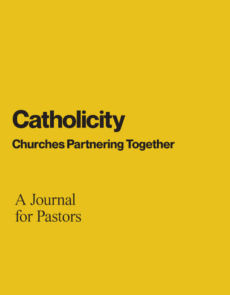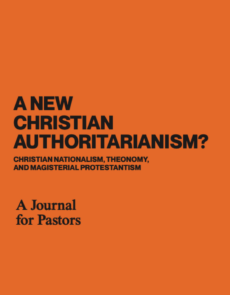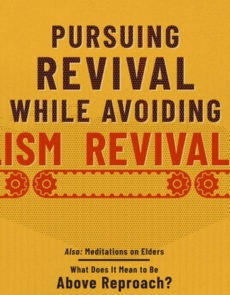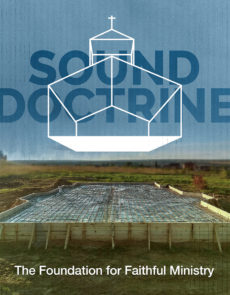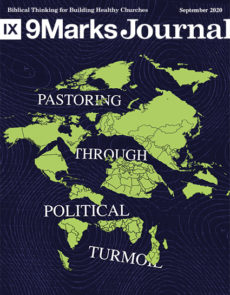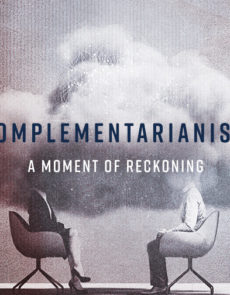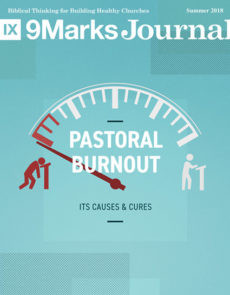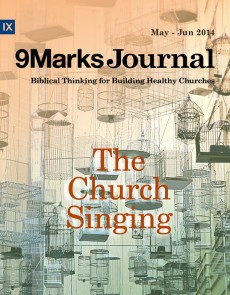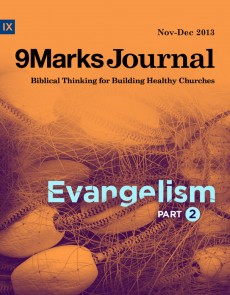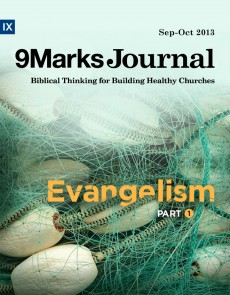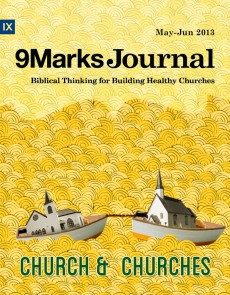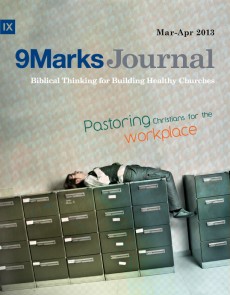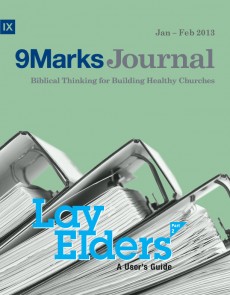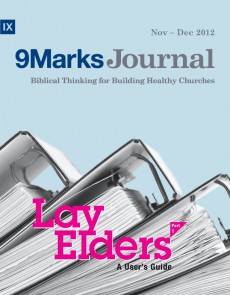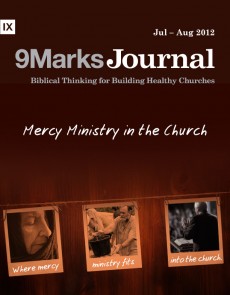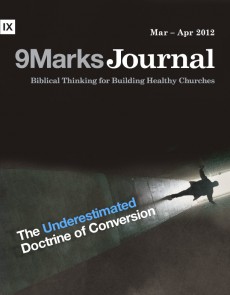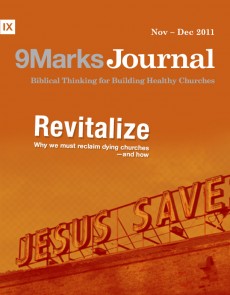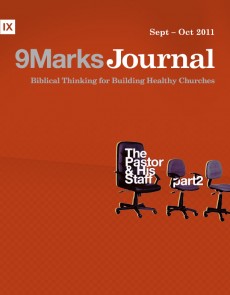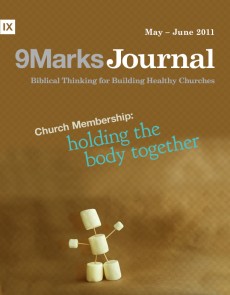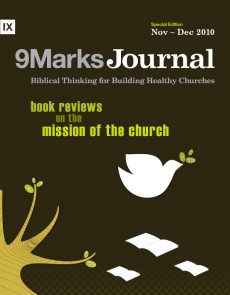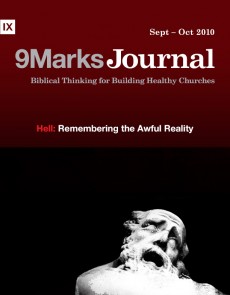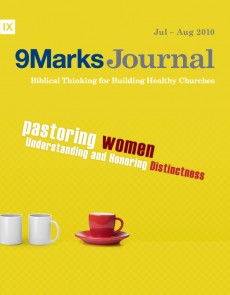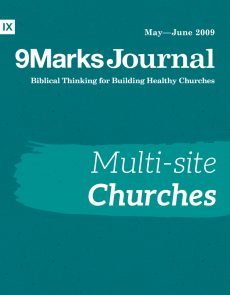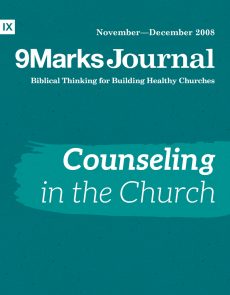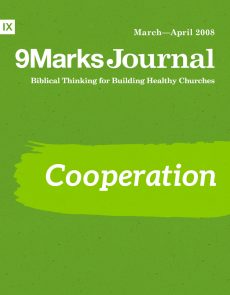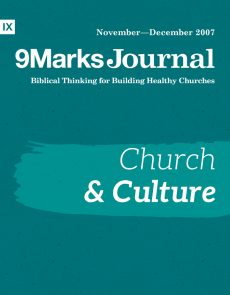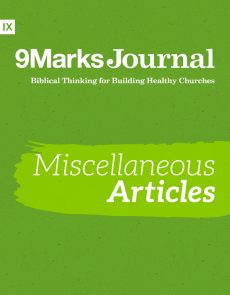Editor’s Note
A country can only export what it manufactures. That’s a pretty basic principle. But now apply that principle to the topic of missions: if generations of American churches have been characterized by pragmatic church growth principles, what would you expect to see characterizing their overseas missions endeavors?
Okay, so maybe American missions work is driven by the same kind of pragmatism that characterizes so many American churches. Is that really such a big deal? Well, stop and consider the differences between planting pragmatically-driven churches in America versus planting them in most Majority World contexts. Such churches in America have the luxury of building themselves upon the foundations of a culture imbued with several hundred years of Christian influence and ethical norms. Fill a room with nominal Christians, as pragmatically-driven churches do, and you still have a dame that looks half way decent. She’ll dress up alright.
Now build that same church with those same pragmatic principles, yielding once again a room filled with nominal Christians, but do it in a country with strong traditions in polygamy, or animal sacrifice, or ancestor worship, or Islamic chauvinism, or Hindu castes, or nepotistic social structures, or so on. Build it on the shoulders of leaders who didn’t grow up in Sunday School and were not groomed in seminary classrooms with tall genealogical trees, where orthodoxy, even if it’s doubted, has been defended in book after book after book. What should we expect of this church? I’ve been around the Majority World block enough times to suspect something very different, indeed.
Philip Jenkins and now others have checked the stats and told us that global Christianity is moving South and East. But are they talking about “Christians” saved by grace alone through faith alone in Christ alone? Some would probably tell me that these questions are rooted in arrogant, West-centric assumptions. But am I allowed to raise questions?
Andy Johnson kicks off this 9Marks eJournal by pointing to the problem of pragmatism in missiology today, which is the primary concern we want to raise. The pseudonymous “Ed Roberts” and “Doug Coleman,” both workers in sensitive contexts, review popular but problematically pragmatic resources. Yet another anonymous overseas worker thoughtfully engages the related subjects of contextualization and lying. Both of these articles are highly recommended.
More practical matters are described in the articles on partnerships and what three churches are actually doing. Really practical matters are provided in the tool kit. Conrad Mbewe’s especially is a must read.
In all this, we pray that these articles and the recommended resources help your church more faithfully engage with God’s work around the world.
Related Multimedia

Preacher Mailbag #6 (Preachers Talk, Ep. 74)
By David Helm, Jeremy Meeks, K. Edward Copeland






